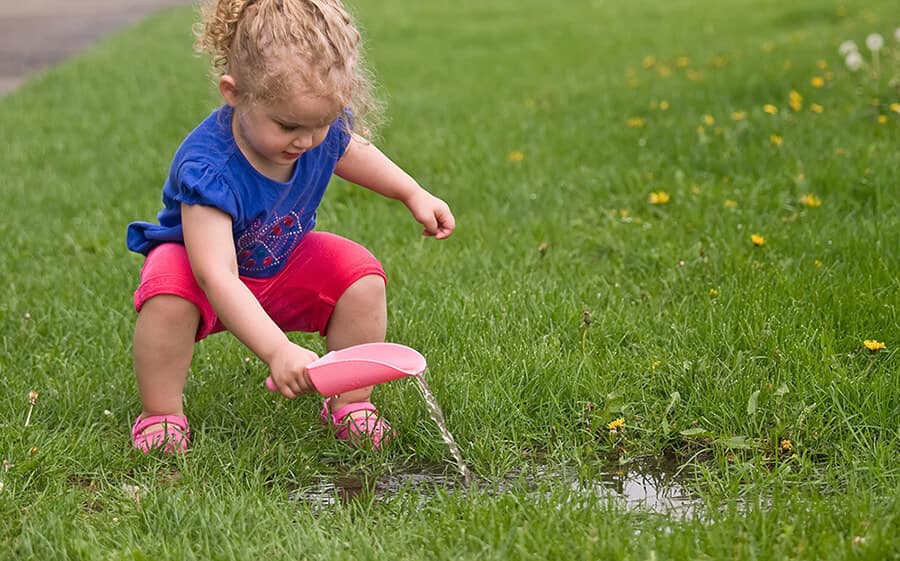Your House's Primary Typical Water Leak Causes: Examination
Your House's Primary Typical Water Leak Causes: Examination
Blog Article
Listed here in the next paragraph you can locate more quality insight involving How Fast Water Damage Can Ruin Your Home.

Leaks not only create waste of water but can likewise create unneeded damages to your house and also promote unwanted organic growth. Water leaks may go unnoticed because most of the pipework in our home is concealed. By looking and recognizing for daily situations that trigger leaks, you can shield your house from future leakages and unnecessary damages. Today, we will consider six leakage causes that may be causing your pipelines to leak.
Elbowing in origins
The majority of water leaks begin outside your home rather than inside it. If you observe an abrupt reduction in water stress, state in your faucet, take some time to head out and examine your yard. You could observe wet spots or sinkholes in your lawn, which may suggest that tree origins are getting into water lines causing water to seep out. You can have your plumber look for invasion, particularly if you have trees or hedges near your residential or commercial property.
Corroded water supply
This could be the reason of discoloration or warping on your water pipes. If our plumbing system is old, take into consideration replacing the pipes since they are at a greater danger of deterioration than the more recent versions.
Malfunctioning Pipe Joints
Pipe joints can degrade over time, resulting in water leakages. If you have loud pipes that make ticking or banging sounds, specifically when the hot water is turned on, your pipe joints are most likely under a great deal of stress.
Instant temperature level changes.
Extreme temperature level changes in our pipes can cause them to expand and also get all of a sudden. This development and tightening may cause fractures in the pipes, especially if the temperature are below freezing. If you kept an eye on how your plumbing functions, it would be best. The visibility of the formerly stated circumstances frequently shows a high risk.
Poor Water Connectors
At times, a leakage can be caused by loose hose pipes as well as pipes that provide your home appliances. Generally, shifting is what creates the loosened water Links. You could locate in the case of a washing machine, a hose pipe might spring a leak as a result of trembling during the spin cycle. In case of a water links leakage, you may notice water running directly from the supply line or pools around your appliances.
Blocked Drains
Obstructed drains might be irritating and also inconveniencing, yet they can often wind up causing an overflow resulting in burst pipes. Maintain removing any kind of products that may go down your drains that can block them to stay clear of such hassles.
All the above are causes of leaks yet not all water leaks arise from plumbing leakages; some leakages might come from roof leakages. All leakages must be fixed promptly to stay clear of water damage.
Leaks not just trigger waste of water however can additionally cause unneeded damage to your home and also promote unwanted natural growth. By recognizing as well as looking for day-to-day situations that cause leakages, you can protect your house from future leakages as well as unnecessary damage. Today, we will look at 6 leakage causes that might be causing your pipelines to leak.
At times, a leakage can be triggered by loosened tubes and also pipes that provide your appliances. In situation of a water connections leakage, you may observe water running directly from the supply line or pools around your devices.
How To Check For Water Leak In Your Home
How To Check for Leaks
The average household's leaks can account for nearly 10,000 gallons of water wasted every year and ten percent of homes have leaks that waste 90 gallons or more per day. Common types of leaks found in the home are worn toilet flappers, dripping faucets, and other leaking valves. These types of leaks are often easy to fix, requiring only a few tools and hardware that can pay for themselves in water savings. Fixing easily corrected household water leaks can save homeowners about 10 percent on their water bills.
To check for leaks in your home, you first need to determine whether you're wasting water and then identify the source of the leak. Here are some tips for finding leaks:
Take a look at your water usage during a colder month, such as January or February. If a family of four exceeds 12,000 gallons per month, there are serious leaks.
Check your water meter before and after a two-hour period when no water is being used. If the meter changes at all, you probably have a leak.
Identify toilet leaks by placing a drop of food coloring in the toilet tank. If any color shows up in the bowl after 10 minutes, you have a leak. (Be sure to flush immediately after the experiment to avoid staining the tank.)
Examine faucet gaskets and pipe fittings for any water on the outside of the pipe to check for surface leaks.
Undetected water leaks can happen without the home or business owner even realizing. If you suspect a water leak, but not able to find the source. It is time to contact a professional water leak detection service, The Leak Doctor.
How To Find a Water Leak In Your Home
https://www.leakdoctor.com/blog/How-To-Check-For-Water-Leak-In-Your-Home_AE197.html

As a passionate reader about How Fast Water Damage Can Ruin Your Home, I think sharing that piece of content was a great idea. Kindly set aside a second to share this entry if you liked it. Kudos for your time. Come back soon.
Get A Quote Report this page